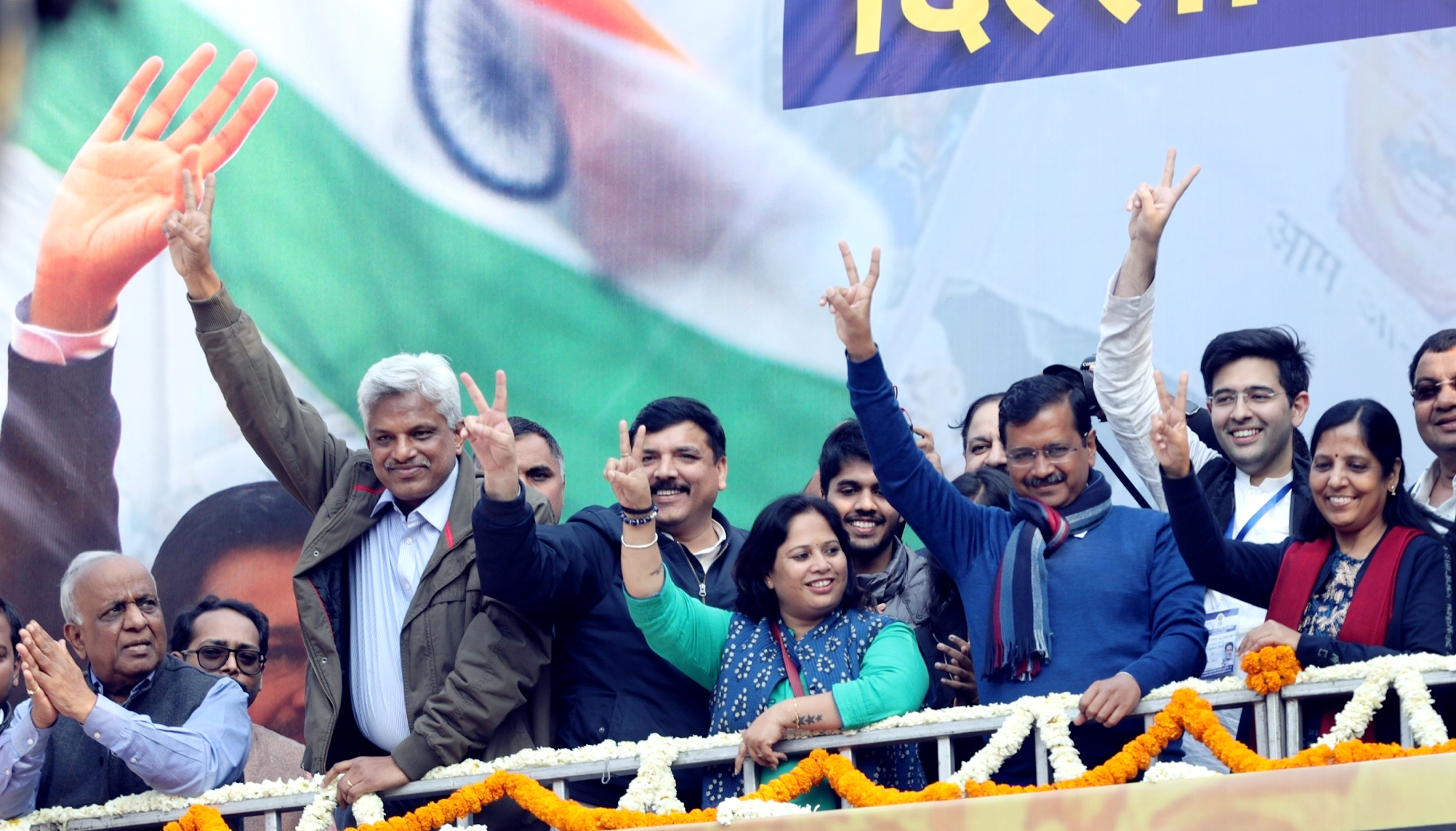All economists agree freebies violate basic principles of economics and statecraft.
The Delhi mandate, which brought back Arvind Kejriwal with a thumping majority, reveals once again the role that freebies play in earning the loyalty of the electorate. The culture of freebies is not new in India. While Tamil Nadu seems to be miles ahead of other states in the sheer scale and scope at which freebies are distributed (and expected by the people!), it looks like Delhi is also catching up.
All economists agree freebies violate basic principles of economics and statecraft. It is elementary that one has to pay for what one uses. There can be some element of subsidy, which most governments across the country do have for public services; but what is universally accepted is that you have to pay for what you use. So while there can be a larger debate on whether or not there should be any subsidy at all, most welfare economists and policymakers concur an element of subsidy for the needy. But even the most welfarist of polities and governments have not done away with the user-pays principle till date. That is what is being challenged in Delhi by the Kejriwal government.
Of course such announcements of freebies undertaken closer to election time obviously have a much larger impact in the public memory than others. And here it is not just the Delhi government which announced free bus rides or Metro rides for women, amongst other things that is in the dock. In the 2018 Telangana Assembly polls the BJP had promised farm loan waivers of up to Rs 2 lakh and free laptops to university goers. In fact, free laptop scheme found mention in Congress’ manifesto for the 2018 Mizoram Assembly polls as well.
So while most supporters of the several schemes of the Kejriwal government have said these freebies, particularly the free rides for women on buses and Metros will boost economic activity and add to women’s safety, the fact is, these ignore fiscal prudence.
A welfare state is a state first; and a state can offer freebies to its citizens only if it has resources to do that. If the state decides to forego justified revenue as fare from public transport, it is being irresponsible and fiscally imprudent. Besides, the state also has to perform its essential duties like running the administration and managing economic policy. What is in danger, therefore, is not just public finance but also the user-pays principle. That is the damage proposals like free commute to all women do.
But as this author pointed out, most governments are guilty of indulging in this politics of freebies. Such is the transactional nature of Indian politics that governments just cannot resist the urge of announcing free services. And examples are endless. In 2013, the Akhilesh Yadav government in Uttar Pradesh announced an ambitious free laptop scheme for students that many believed won him great political capital, particularly amongst the youth. However, the scheme and the then Chief Minister came under intense criticism when it was revealed that the scheme burnt a Rs 900 crore hole in the exchequer’s coffers. What’s worse, many laptops were not even distributed and laid waste in godowns.
The same argument holds true for the income guarantee scheme announced by the Narendra Modi government in its 2019 Interim Budget that gives Rs 6,000/farmer costing a whopping Rs 72,000 crore. The scheme warranted a complete overhaul of India’s subsidy mechanism (power/fertilizer/taxes for rich farmers, etc) but instead was simply given “over and above” the existing subsidy framework.
Freebies are a race to the bottom. It inculcates a culture where governments cannot charge any price (forget market price!) for goods and services and forces exchequer to prioritise freebies over a host of other compelling development projects. Lastly, it rules out any private sector participation in public delivery of goods and services. Try telling any private sector company to bid for projects in sectors where governments have been doling out free goods! We need higher per capita income, not higher per capita usage of free goods and services! And we need politicians to view us as citizens and not just as voters willing to reward those who offer maximum “muft” schemes.

